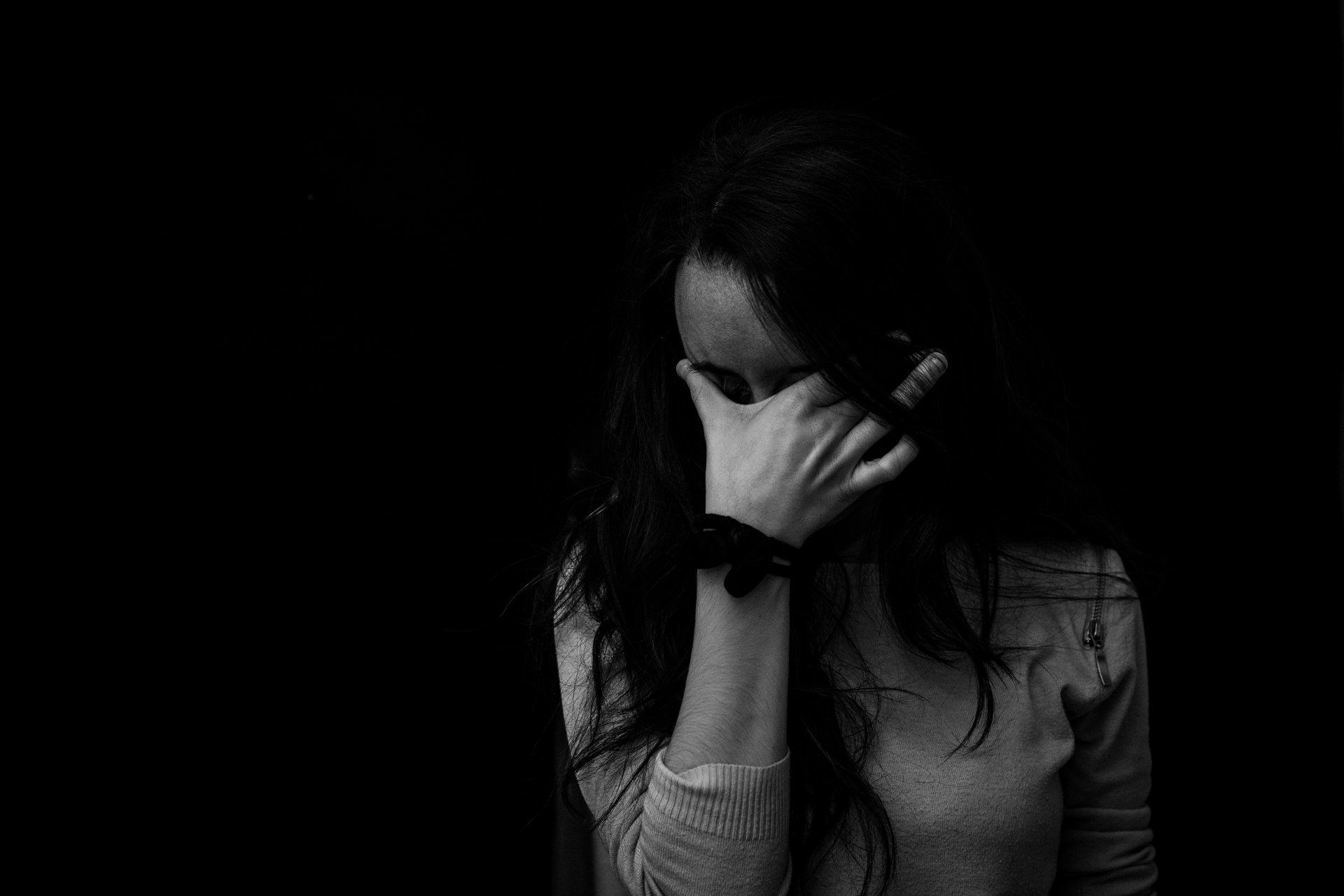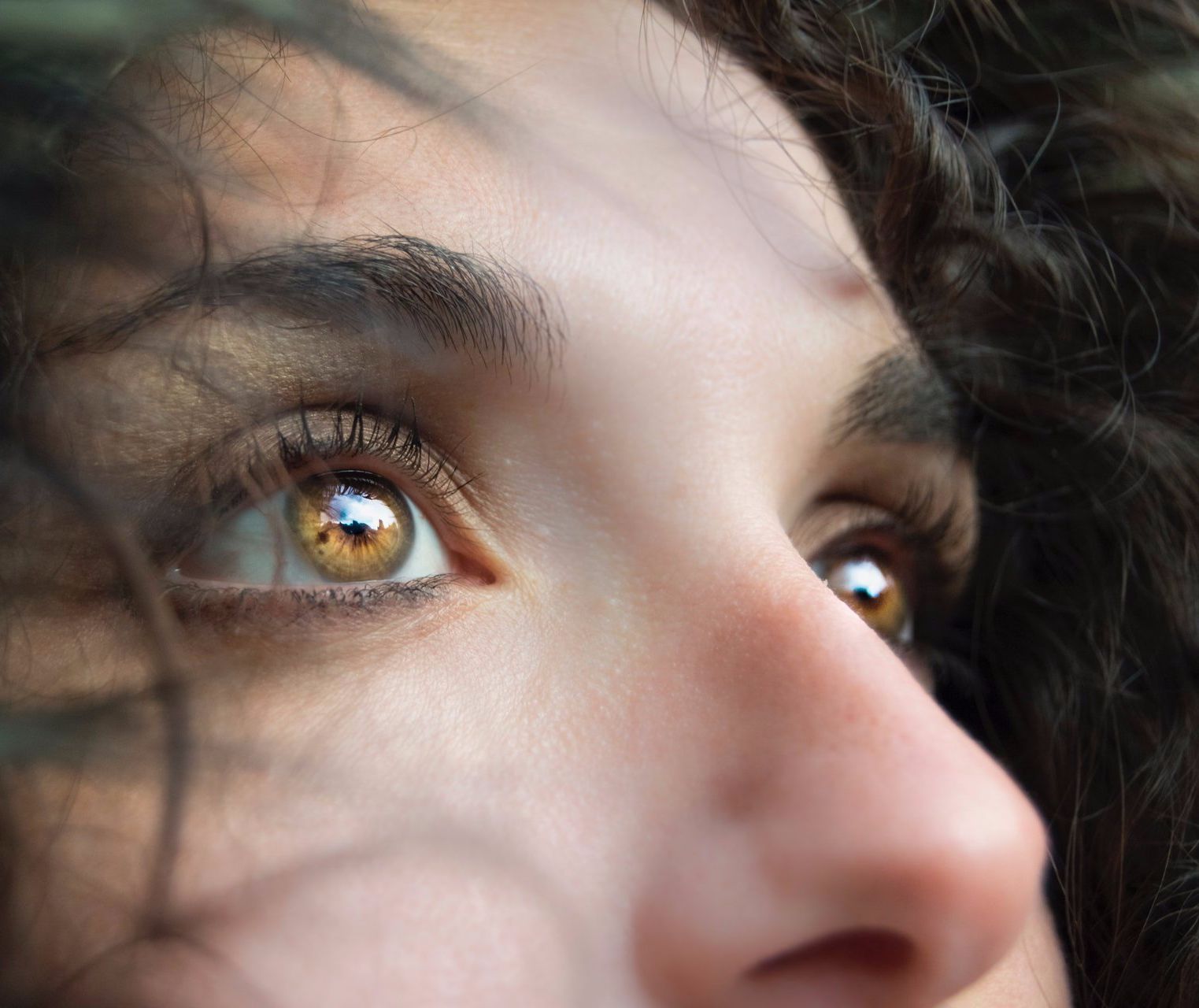Can Anxiety or Panic Disorder Lead to Depression if Untreated?
Let's talk about what commonly happens if anxiety and depression are left untreated.
Anxiety seems to be a feeling most people are experiencing these days. Between the pandemic, unemployment rates, and political divide in our country, it's no wonder anxiety keeps you awake at night.
Stress and panic attacks seem to be part of your daily life now. Likewise, you're beginning to notice symptoms of anxiety and stress in your children. So, what now? If you continue to try to adjust the best you can, will this all go away, or will it lead to something more?
Let's discuss the symptoms of anxiety and panic disorder. We'll also talk about what commonly happens if left untreated.
What is anxiety and panic disorder?
Everyone experiences anxiety every now and then. In fact, it's a normal part of life and your body's way of being on high alert. However, if your worries become excessive, persistent, and intense, it may be an anxiety disorder. There are various forms of anxiety, including social, separation, and generalized.
Each type has different triggers, but the symptoms seem to remain the same:
- persistent feeling of danger or panic
- difficulty sleeping
- excessive worry
- nervous, tense
- trembling
- trouble thinking about anything other than fears
- Gastrointestinal issues
- low energy level
Panic disorder falls under anxiety. It causes instant feelings of terror or fear, even without a present impending danger.
As a result, you experience intense symptoms of panic, which can include:
- racing heartbeat
- difficulty breathing
- dizziness
- shaking or tingly hands
- chest pain
Panic attacks seem to happen anytime, anywhere. Often they can occur without warning. As a result, people may begin isolating out of fear of another attack. Combined, panic attacks and anxieties can make life unmanageable. As a result, depressive symptoms may also start to set in.
Can untreated anxiety lead to depression?
Anxiety disorder can lead to clinical depression if left untreated. However, it's more common for anxiety and depression to accompany one another. Many confuse the disorders as the same, but they are different. Although they both have similar symptoms, each disorder has its own causes. Often constant worries can lead to depressive symptoms and vice versa.
Circumstances like divorce, job loss, or the death of a loved one can trigger feelings of sadness, loneliness, and fear. Together, symptoms can interrupt normal daily life. As a result, symptoms left untreated can lead to low energy and loss of interest in activities that used to bring joy. Furthermore, feelings of emptiness, helplessness, or guilt can become debilitating.

Where Can I Turn for Help With My Anxiety?
With professional help, you may be able to overcome the negative emotions you're feeling. Behavioral therapy can be an effective way to help you learn how to reduce stress. Furthermore, treatment may help you acquire tools to help you avoid debilitating anxiety. As a result, it may help alleviate the crippling symptoms you're experiencing.
You are not alone in your feelings, and there is reason to hope for a brighter tomorrow. Call us today.




